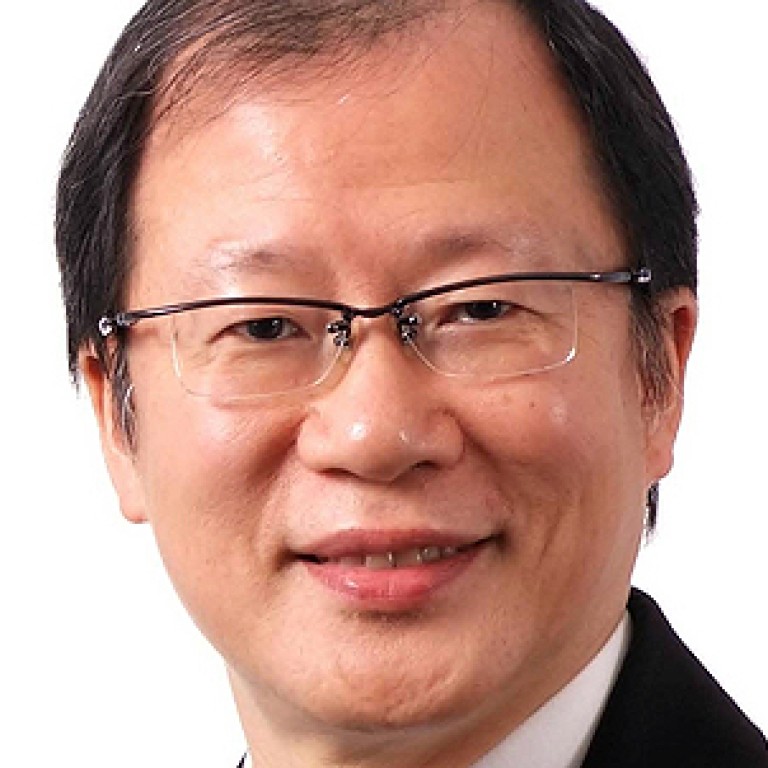
Wrong approach to welfare again, says economics professor Li Kui-wai
One major purpose of a budget is to maintain macroeconomic balance. That implies the government should rein in spending in times of economic boom, and expand it in difficult times.
It also involves weighing the immediate need to help the poor against ensuring long-term economic capacity, so income and employment can rise along with strengthening social mobility.
Over the past few years, the budget has leaned more towards helping the poor and welfare spending.
Instead of strengthening Comprehensive Social Security Assistance, the government set up the Community Care Fund, and gave handouts, creating multiple channels of welfare expense for the government.
It would be preferable to see a strengthening of the CSSA system rather than a piecemeal, sugar-daddy approach to social security.
The kind of welfare provision in this year's budget has not deviated much from the previous years'.
The government often takes a conservative approach to the budget, and surpluses are common. Uncertainty about land prices and volatility in the stock market make it difficult to estimate with any precision the revenue the government will receive from these sources.
It is a common mistake to think surpluses should be spent immediately. On the contrary, given that Hong Kong is an open and flexible economy, it is easy for the city to be affected by external shocks overseas.
In short, it is necessary for Hong Kong to prepare for "the rainy days" and a larger fiscal reserve would provide a bigger cushion.
When the Asian financial crisis hit in 1997/98, the fiscal reserve was equal to 10 months of government expenditure.
Although there is no standard rule for a suitable size for the fiscal reserve, an amount equal to between 18 and 24 months of expenditure provides a high degree of security to ensure the stability of the economy, especially if the currency comes under attack.
In a non-crisis situation, such as we have today, the budget should focus more on promoting long-term development. The various suggestions given in the budget to do this are moves in the right direction.
For instance, promoting small and medium-sized enterprises, and strengthening financial development in light of the growing yuan market, are good steps. But when compared to Singapore, Hong Kong could do more, such as through strengthening its base in research and development and providing more land for industrial use.
Overall, the budget is an improvement on those of previous years - at least more attention has been given to promoting the long-term sustainability of the economy, though there is still more work needed on restructuring the economy.
